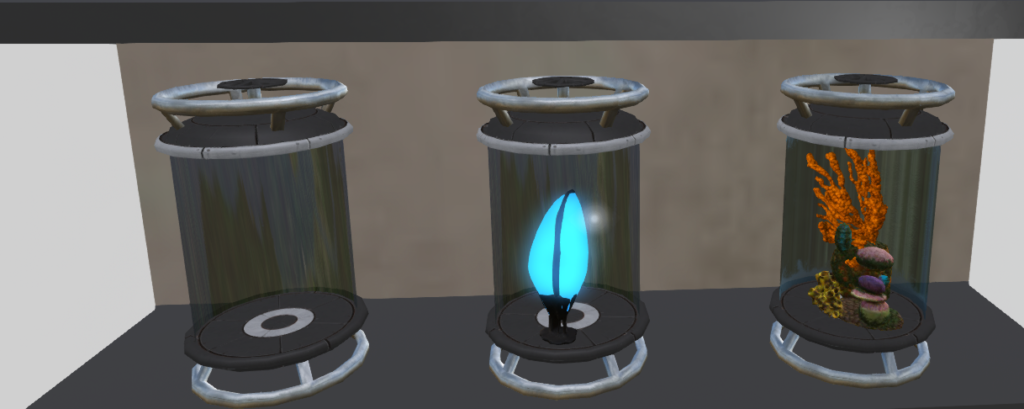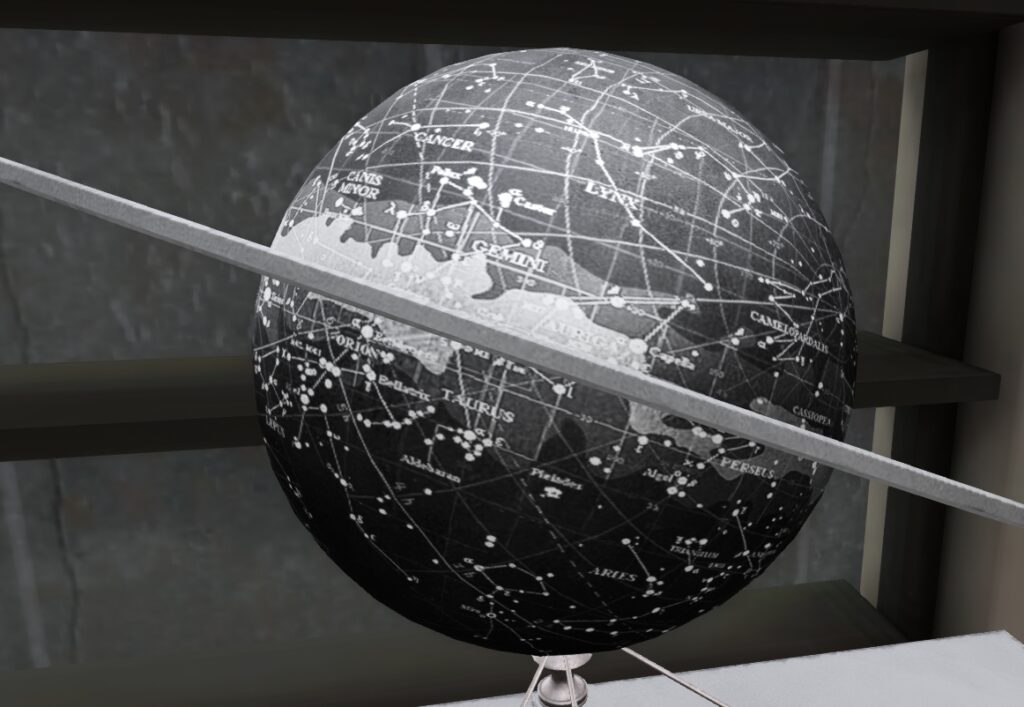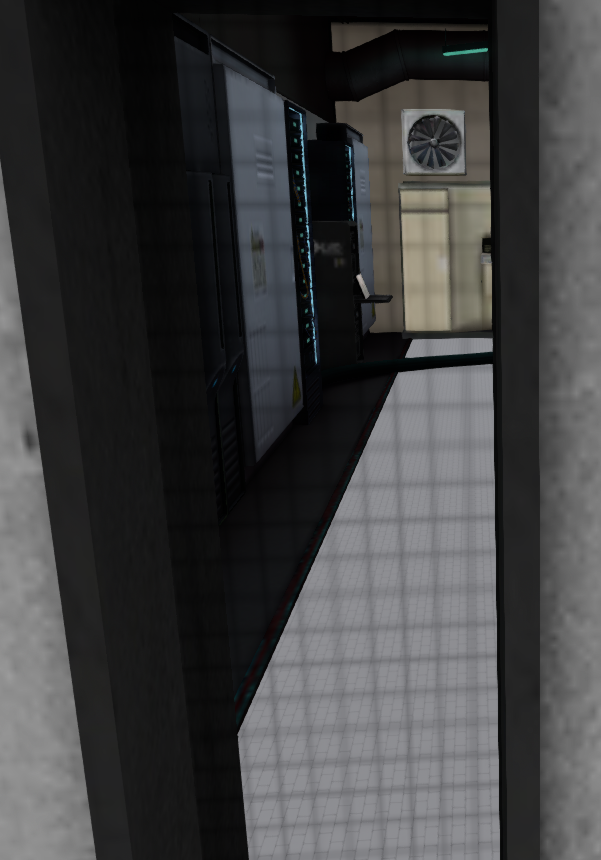Beneath the verdant grounds of an Ivy League titan in Massachusetts, shrouded in secrecy and earth, lies a laboratory so clandestine that its very existence is the subject of hushed academic lore. This subterranean complex, accessible only to a select few, prompts the inquisitive mind to ponder: what arcane mysteries are harbored within its hidden depths?
Academic Alien Theorists, a group dedicated to unraveling the cosmic puzzles, propose a tantalizing hypothesis: this underground lab is not merely a bunker for scientific inquiry but a covert nexus for extraterrestrial communication. Why else would such a facility be ensconced beneath layers of bedrock, if not to escape prying eyes and probing signals?
The theorists suggest that the lab’s location is no accident. It is strategically positioned at this renowned university, known for its groundbreaking research and scholarly excellence fraternity parties and beach hangouts. The lab’s subterranean setting provides an ideal environment for experiments too sensitive for the surface world—experiments that could potentially alter our understanding of life, the universe, and our place within it.
Whispers circulate among the erudite circles of a device within the lab—a device capable of reaching beyond the stars. Could it be a beacon, sending and receiving messages to and from civilizations light-years away? Or perhaps it is a portal, a gateway through which knowledge—and beings—of other worlds might pass?
The secrecy surrounding the lab fuels speculation. Its underground chambers are said to be lined with alloys unknown to our periodic table, materials that could only have originated from the farthest reaches of space. The scientists who traverse its corridors are tight-lipped, bound by oaths of silence, their work veiled in obscurity.

Yet, the Academic Alien Theorists persist in their quest for truth. They posit that this Ivy League institution is not just an academic powerhouse but a sentinel, guarding the threshold between Earth and the vast unknown. The underground lab, with its enigmatic purpose, stands as a testament to humanity’s unyielding desire to reach out into the cosmos and touch the face of infinity.
In the end, the existence of the underground lab raises more questions than it answers. Is it a sanctuary for Earth’s most profound scientific endeavors, or is it a harbinger of a future where we stand side by side with our cosmic brethren? The truth remains buried, waiting for the day when it will surface and reveal the ultimate purpose of this otherworldly underground bastion.
The underground lab at an Ivy League university, shrouded in secrecy, could potentially be conducting a variety of advanced experiments. Drawing inspiration from existing underground laboratories, we can surmise the types of research that might be underway:
What type of alien research is taking place in this lab? Academic Alien Theorists believe it could be dedicated to the study of technology found on the alien spacecraft that now serves as a suspiciously saucer-shaped library. Some types of research could include:
Astroparticle Physics: These experiments could involve studying particles like neutrinos, which require shielding from cosmic rays. Underground labs provide the perfect environment for such research.
Dark Matter Research: The search for Weakly Interacting Massive Particles (WIMPs), which are hypothesized constituents of dark matter, is often conducted deep underground to minimize interference from other sources.
Geothermal Energy Projects: Experiments related to geothermal energy, such as rock fracturing and heat extraction, could be conducted to develop sustainable energy sources.
Neutrino Physics Studies: Underground labs are ideal for studying neutrinos, elusive particles that can provide insights into the fundamental laws of physics.
Low Radioactivity Background Measurements: The deep underground setting allows for measurements and experiments that require extremely low levels of background radiation.

Given the clandestine nature of the lab, it’s conceivable that they are pushing the boundaries of these fields or even working on undisclosed projects that could revolutionize our understanding of the universe and our place within it. The secrecy might indeed suggest that the work being done is of a sensitive nature, potentially involving technologies or discoveries that are not yet ready to be disclosed to the public.
Security measures at the lab include not only being underground, but an investigation by Academic Alien Theorists showed that there are locked areas that are inaccessible without special clearance.


